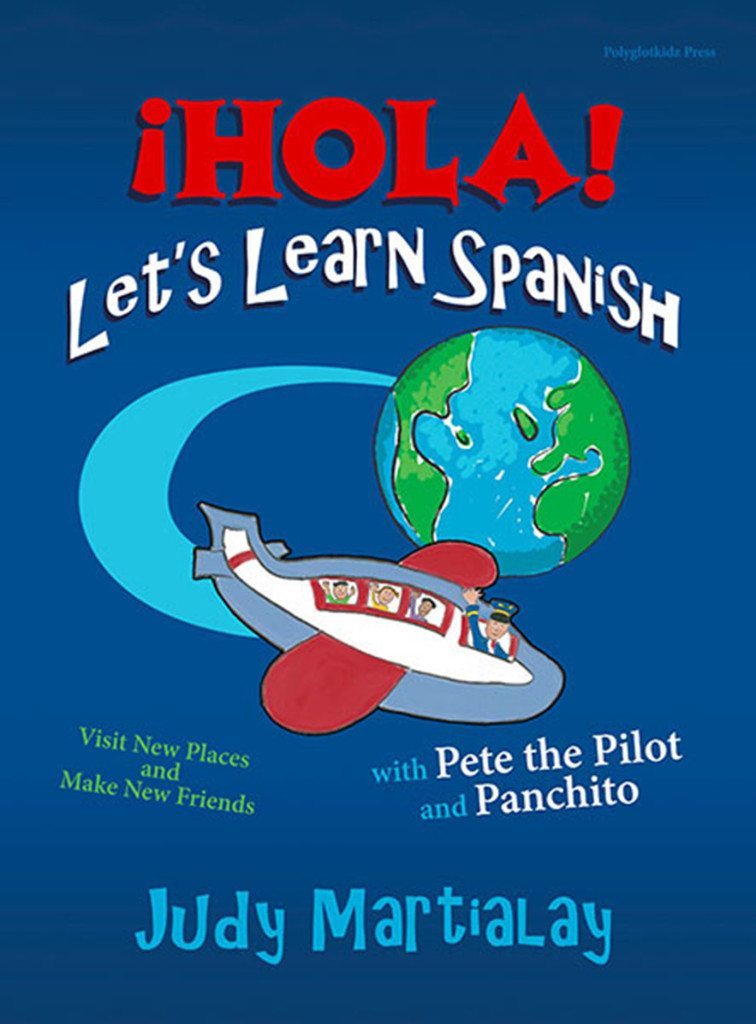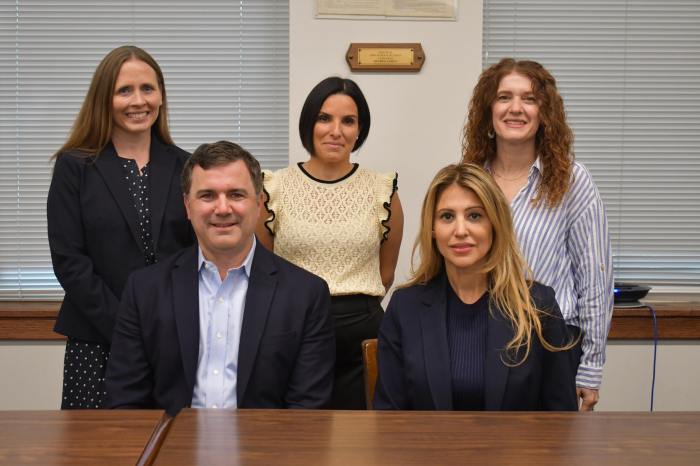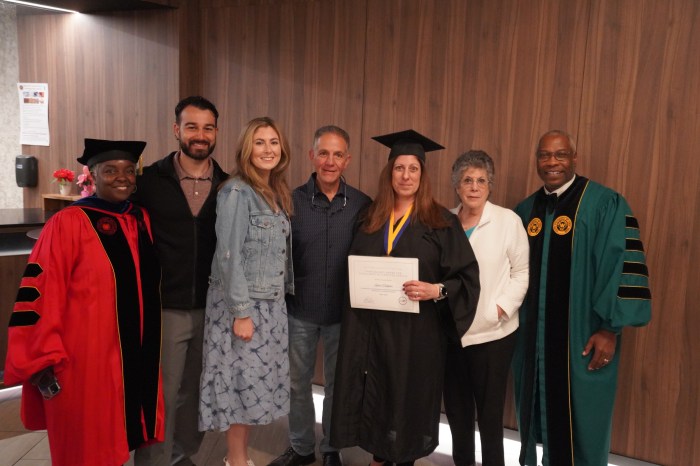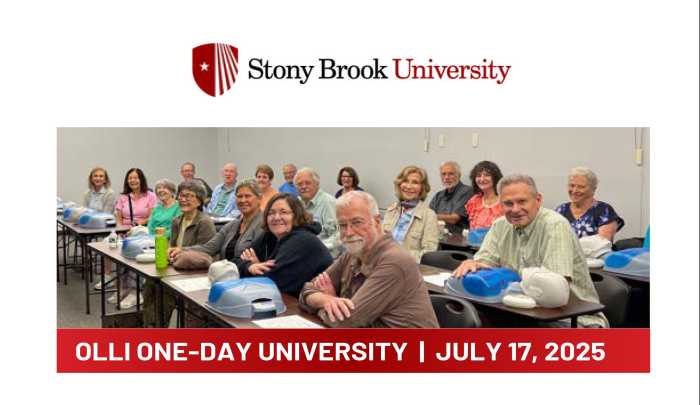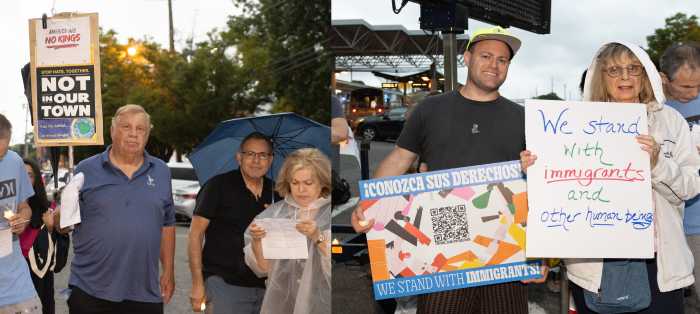Judy Martialay is a master of the Spanish language and hopes that, with the help of her new book, ¡HOLA! Let’s Learn Spanish, American children will be inspired to st udy it, too.
udy it, too.
Martialay, a retired foreign language teacher and former co-chair of the Public Advocacy Committee of the New York State Association of Foreign Language Teachers, published the book last month, which breaks down the Spanish language in a way that even parents who don’t know the language can have fun learning along with their children.
“The purpose is to give children an early start in learning the language and to make it enjoyable so that they will want to continue through the grades and really have a useful skill,” said Martialay, who taught French, Italian and Spanish in Bethpage schools for more than 30 years.
“When I started teaching [in the 1960s], there was a big panic that the Russians were ahead of us and a push to study math, science and foreign languages,” Martialay said. “When my kids were born in the 1970s, it was still not clear whether it was advantageous to teach languages to kids at an early age. Now, the research clearly supports the importance of ‘the earlier the better.’ But, Americans became complacent and the elementary programs began shrivel.”
Now, Martialay said, “Programs are in jeopardy because of the focus on testing…children are not getting a complete education.”
She said this puts American children at a disadvantage in the global world.
“Americans have a false impression that the whole world speaks English, but 75 percent of the world does not speak English and only 15 percent of American elementary schools offer any kind of foreign language instruction. This is down from 35 percent 20 years ago,” said Martialay. “It looks like, as life becomes more global, we’re going backwards.”
And not only are the foreign language programs not as available, they are also the first “on the chopping block” when budget cuts need to be made. She said that in other countries, such as Spain, they have started lowering the age of teaching foreign languages.
“The consequences of this situation cannot be overlooked,”  said Martialay. “Our ability to compete in the global marketplace, to influence world-wide opinion, to understand and solve international problems, to cooperate in research and peace initiatives is in jeopardy.”
said Martialay. “Our ability to compete in the global marketplace, to influence world-wide opinion, to understand and solve international problems, to cooperate in research and peace initiatives is in jeopardy.”
This book is meant to give children an advantage by giving them the tools to learn a foreign language at the same ages as their international peers. Martialay decided to step in where the schools are lacking and created this book—the first of a series—which was a decade in the making and evolved as she got more feedback and ideas from other teachers. Her husband is Spanish, her two daughters were born in Spain and the family speaks Spanish at home, so it was the natural choice for her first book.
“Our brains are wired to learn languages younger, to replicate every sound that humans make,” said Martialay.
In this country, many districts don’t start teaching languages until age 12, when the ability to replicate sounds begins to close. She said another factor that makes it harder to learn at that age is adolescents are more self-conscience.
When they are younger, Martialay said, “They don’t have the inhibitions and preoccupation with the opposite sex that older students have. They have more chances of acquiring native-like pronunciation and becoming proficient in the language because they have more time to master the skills. Research shows that early language learning gives children cognitive thinking skills that carry over to other subjects and a better understanding of their own language. If they continue learning the language, they will have a skill that makes them more employable and better able to handle cultural differences. The benefits of language learning last a lifetime.”
¡HOLA! Let’s Learn Spanish costs $19.99 and is available on www.amazon.com. The audio version of the book is free and can be downloaded at www.polyglotkidz.com, where you can also find advice for parents and interesting links to language learning.




